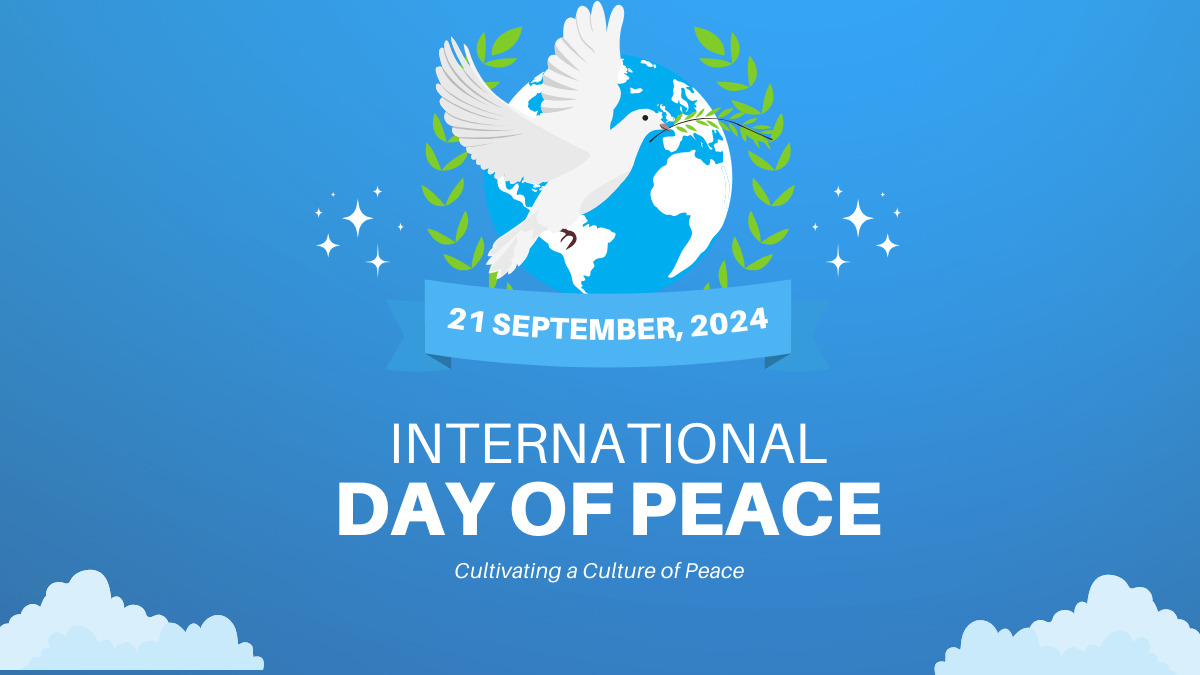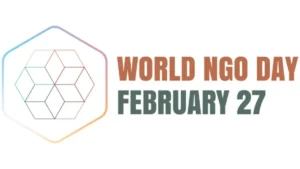The year 2024 marks a significant milestone in the global pursuit of peace. As we commemorate the 25th anniversary of the United Nations General Assembly’s adoption of the Declaration and Programme of Action on a Culture of Peace, the world is reminded of the critical importance of fostering harmony and understanding among nations and individuals.
Theme: Cultivating a Culture of Peace
Understanding Peace Beyond Conflict Absence
The United Nations’ definition of peace extends far beyond the mere absence of conflict. According to the 1999 declaration, peace is a “positive, dynamic participatory process” that encompasses:
- Encouraging dialogue
- Resolving conflicts through mutual understanding
- Promoting cooperation among diverse groups
This holistic approach to peace recognizes that true harmony requires active engagement and effort from all members of society.
Core Values of a Culture of Peace
The 1999 declaration outlined several fundamental values essential for cultivating a culture of peace:
- Respect for life: Valuing human dignity and well-being
- Human rights and fundamental freedoms: Upholding basic rights for all individuals
- Non-violence through education: Promoting peaceful conflict resolution skills
- Dialogue and cooperation: Encouraging open communication and collaborative efforts
- Peaceful settlement of conflicts: Prioritizing diplomatic solutions over confrontation
- Freedom, justice, and democracy: Supporting equitable and representative governance
- Tolerance and solidarity: Embracing diversity and mutual support
- Cultural diversity: Celebrating and respecting various cultural traditions
- Understanding at all levels: Fostering empathy from local communities to international relations
The Role of Education in Peace-building
The UNESCO Constitution emphasizes the crucial role of education in cultivating peace. It states that “wars begin in the minds of men, so it is in the minds of men that the defences of peace must be constructed.” This principle underscores the importance of:
- Formal education: Integrating peace studies and conflict resolution in school curricula
- Informal education: Community programs and initiatives that promote understanding
- Intergenerational learning: Passing peacekeeping values from one generation to the next
- Cross-cultural education: Fostering global citizenship and intercultural competence
Historical Context
Establishment of the International Day of Peace
- 1981: The United Nations General Assembly establishes the International Day of Peace
- 2001: The General Assembly unanimously votes to designate the day as a period of non-violence and cease-fire
- 2002: The date is fixed as September 21st annually
Evolution of Peace Day Objectives
- Initially focused on ceasefire and laying down weapons
- Expanded to promote mutual understanding and conflict resolution
- Now emphasizes the importance of recognizing shared humanity across cultures and nations
Significance in Today’s World
Addressing Contemporary Challenges
In a world facing:
- Rising geopolitical tensions
- Protracted conflicts
- Climate change
- Economic disparities
The International Day of Peace serves as a crucial reminder of the need for global cooperation and peaceful coexistence.
Promoting Inclusive Peace
The day emphasizes that peace is not just the responsibility of governments but of every individual. It encourages:
- Equal opportunities regardless of race, caste, ethnicity, religion, or gender
- Valuing diverse opinions and perspectives
- Collective action towards creating a more harmonious world
Building Resilient Communities
By focusing on a culture of peace, communities can become more resilient to:
- Social tensions
- Economic pressures
- Environmental challenges
This resilience is built through stronger social bonds, improved communication, and collaborative problem-solving skills.
Call to Action
As we observe the International Day of Peace in 2024, individuals and communities are encouraged to:
- Participate in local peace initiatives
- Educate themselves and others about conflict resolution
- Promote tolerance and understanding in their daily lives
- Support organizations working towards global peace
- Reflect on personal biases and work towards overcoming them




 National Science Day 2026: Honouring the...
National Science Day 2026: Honouring the...
 World NGO Day 2026: Why February 27 Matt...
World NGO Day 2026: Why February 27 Matt...
 International Polar Bear Day 2026: Why P...
International Polar Bear Day 2026: Why P...








